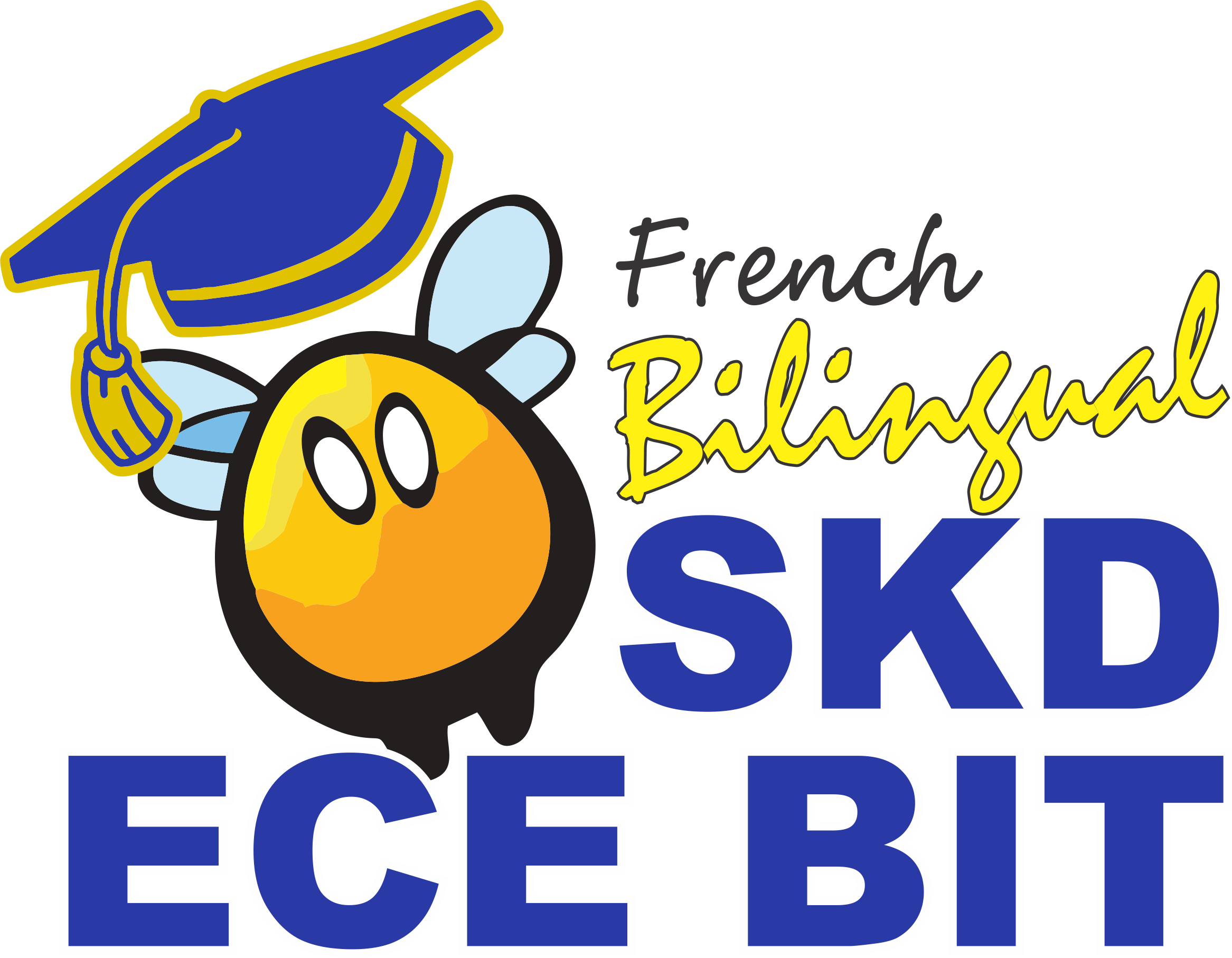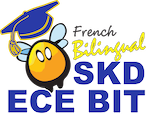
Knowledge & Skills Gained
Participants will gain a foundational understanding of what it means to work as an Early Childhood Assistant in a variety of child care settings. You’ll learn about the core responsibilities of ECAs, including supporting children’s physical, emotional, social and cognitive development. The webinar covers key skills such as effective communication with children, families and coworkers, maintaining a safe and inclusive learning environment, and assisting in the planning and delivery of age-appropriate activities. You'll also gain insight into professional expectations in the field, the importance of observation and documentation, and how to build strong relationships based on trust and care. This session helps participants assess their readiness for the role, understand the path to certification, and explore how SKD’s full training program prepares you for success in Ontario’s growing child care sector.





